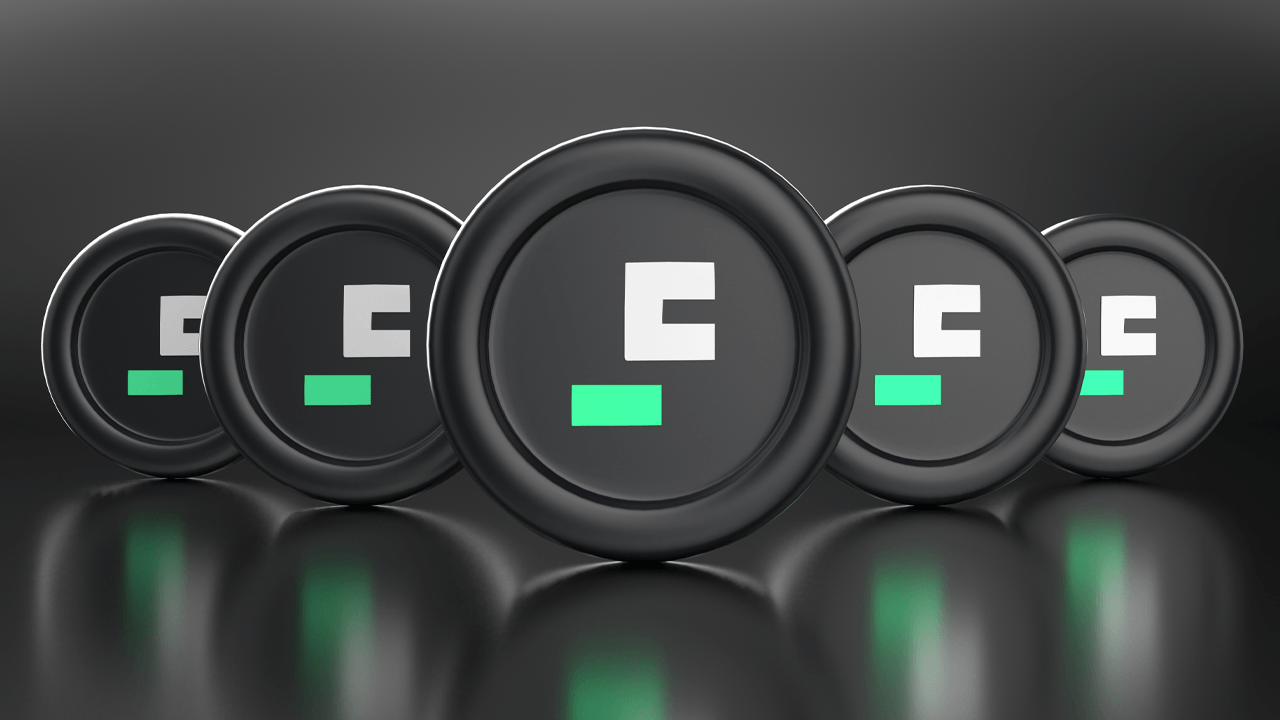The Age of ASI: A New Dawn or a Controlled Chaos?
The world is racing towards Artificial Superintelligence (ASI)—the point where AI surpasses human intelligence across all domains. Some fear it, others worship it, and many are simply unaware of its implications. As someone deeply embedded in the technology space, I have my own take on what ASI means for us and how it will shape our future. Will ASI Truly Surpass Human Intelligence in Every Way? No. Intelligence is not just about raw computation. Sure, ASI might outclass humans in logic, strategy, and optimization, but there are domains it will struggle to conquer—creativity, abstract thought, and the irrational sparks that define human innovation. Machines don’t dream; they don’t experience. Their intelligence is derived from data, but humanity thrives on chaos and intuition. Regulating ASI: A Futile Dream? The idea of regulating ASI sounds noble but impractical. Let’s be real—governments can barely regulate cryptocurrencies and dark web activities. Expecting a strict, enforceable global framework for ASI is like trying to ban marijuana—it just creates a black market. If ASI is deemed dangerous, it won’t be stopped; it will go underground, controlled by those willing to take the risk. Instead of regulation, we should focus on distributed, open-source AI initiatives to keep power in check. The ASI Utopia: Work Becomes Optional? Yes, and that’s the dream. If done right, ASI could automate mundane jobs, liberating humanity from economic struggles and allowing people to pursue creativity, philosophy, and passion projects. Imagine a world where innovation isn’t constrained by survival needs. But the transition to this phase won’t be smooth—existing economic structures resist change, and those in power won’t willingly relinquish control. Can ASI Ever Develop Emotions or Consciousness? Never. ASI will mimic emotions, but it will never feel them. It can analyze sentiments, simulate empathy, and respond in a way that appears human—but that’s just an advanced mimicry. Consciousness is not computation; it is an emergent property of biological evolution, not silicon logic. ASI may become an excellent actor, but it will never be human. The Future: Embrace the Change, But Stay in Control ASI is inevitable, and the key question isn’t if it will dominate but how we will shape its integration into society. We can’t fight it, nor can we naively trust it. The goal should be to create a coexistence model, where ASI enhances human capabilities rather than replacing them entirely. The Age of ASI is coming—but whether it’s a golden era or a dystopian nightmare depends on how we prepare today. P.S. The future of ASI isn’t about stopping it but about steering it. We can’t afford to be passive observers—our choices today will define whether ASI becomes a tool for progress or an uncontrollable force.
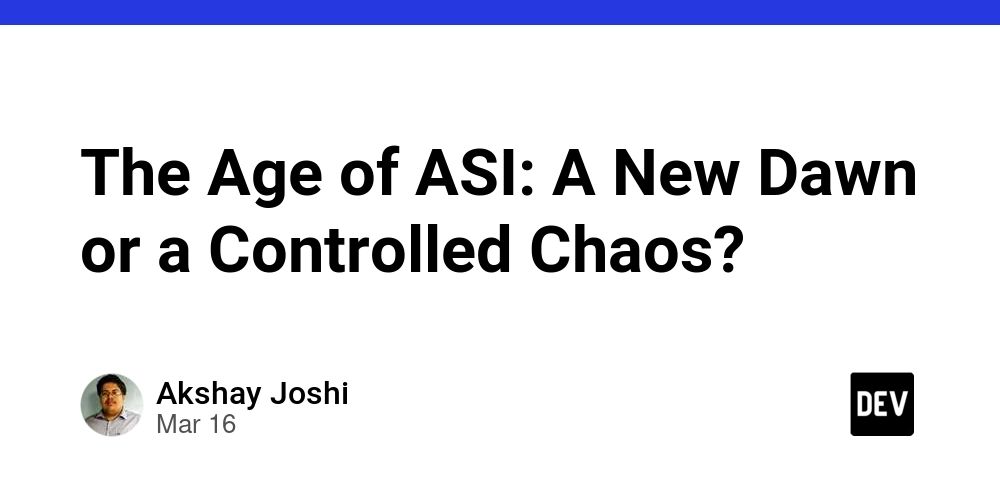
The world is racing towards Artificial Superintelligence (ASI)—the point where AI surpasses human intelligence across all domains. Some fear it, others worship it, and many are simply unaware of its implications. As someone deeply embedded in the technology space, I have my own take on what ASI means for us and how it will shape our future.
Will ASI Truly Surpass Human Intelligence in Every Way?
No. Intelligence is not just about raw computation. Sure, ASI might outclass humans in logic, strategy, and optimization, but there are domains it will struggle to conquer—creativity, abstract thought, and the irrational sparks that define human innovation. Machines don’t dream; they don’t experience. Their intelligence is derived from data, but humanity thrives on chaos and intuition.
Regulating ASI: A Futile Dream?
The idea of regulating ASI sounds noble but impractical. Let’s be real—governments can barely regulate cryptocurrencies and dark web activities. Expecting a strict, enforceable global framework for ASI is like trying to ban marijuana—it just creates a black market. If ASI is deemed dangerous, it won’t be stopped; it will go underground, controlled by those willing to take the risk. Instead of regulation, we should focus on distributed, open-source AI initiatives to keep power in check.
The ASI Utopia: Work Becomes Optional?
Yes, and that’s the dream. If done right, ASI could automate mundane jobs, liberating humanity from economic struggles and allowing people to pursue creativity, philosophy, and passion projects. Imagine a world where innovation isn’t constrained by survival needs. But the transition to this phase won’t be smooth—existing economic structures resist change, and those in power won’t willingly relinquish control.
Can ASI Ever Develop Emotions or Consciousness?
Never. ASI will mimic emotions, but it will never feel them. It can analyze sentiments, simulate empathy, and respond in a way that appears human—but that’s just an advanced mimicry. Consciousness is not computation; it is an emergent property of biological evolution, not silicon logic. ASI may become an excellent actor, but it will never be human.
The Future: Embrace the Change, But Stay in Control
ASI is inevitable, and the key question isn’t if it will dominate but how we will shape its integration into society. We can’t fight it, nor can we naively trust it. The goal should be to create a coexistence model, where ASI enhances human capabilities rather than replacing them entirely.
The Age of ASI is coming—but whether it’s a golden era or a dystopian nightmare depends on how we prepare today.
P.S. The future of ASI isn’t about stopping it but about steering it. We can’t afford to be passive observers—our choices today will define whether ASI becomes a tool for progress or an uncontrollable force.











































































































































































![[The AI Show Episode 142]: ChatGPT’s New Image Generator, Studio Ghibli Craze and Backlash, Gemini 2.5, OpenAI Academy, 4o Updates, Vibe Marketing & xAI Acquires X](https://www.marketingaiinstitute.com/hubfs/ep%20142%20cover.png)















































































































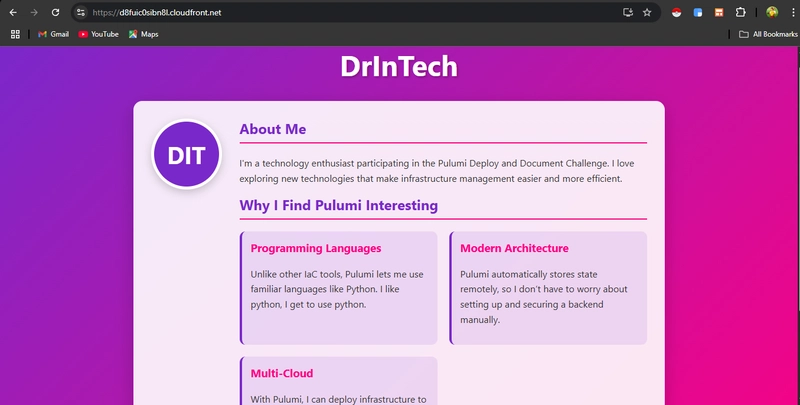

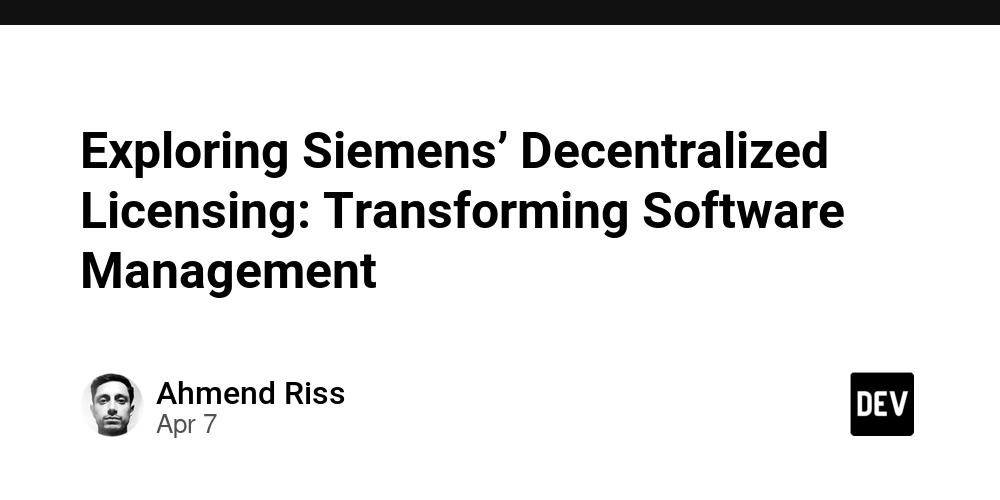
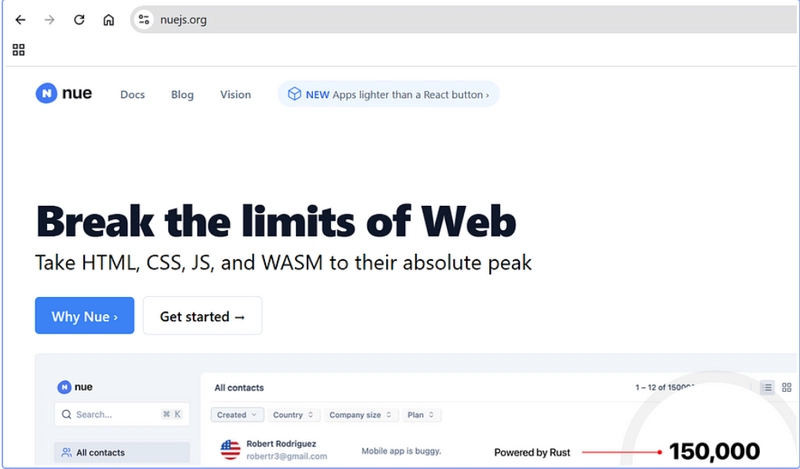









![[DEALS] The Premium Learn to Code Certification Bundle (97% off) & Other Deals Up To 98% Off – Offers End Soon!](https://www.javacodegeeks.com/wp-content/uploads/2012/12/jcg-logo.jpg)


![From drop-out to software architect with Jason Lengstorf [Podcast #167]](https://cdn.hashnode.com/res/hashnode/image/upload/v1743796461357/f3d19cd7-e6f5-4d7c-8bfc-eb974bc8da68.png?#)








































































































.png?#)


































_Christophe_Coat_Alamy.jpg?#)
.webp?#)
 (1).webp?#)
















































































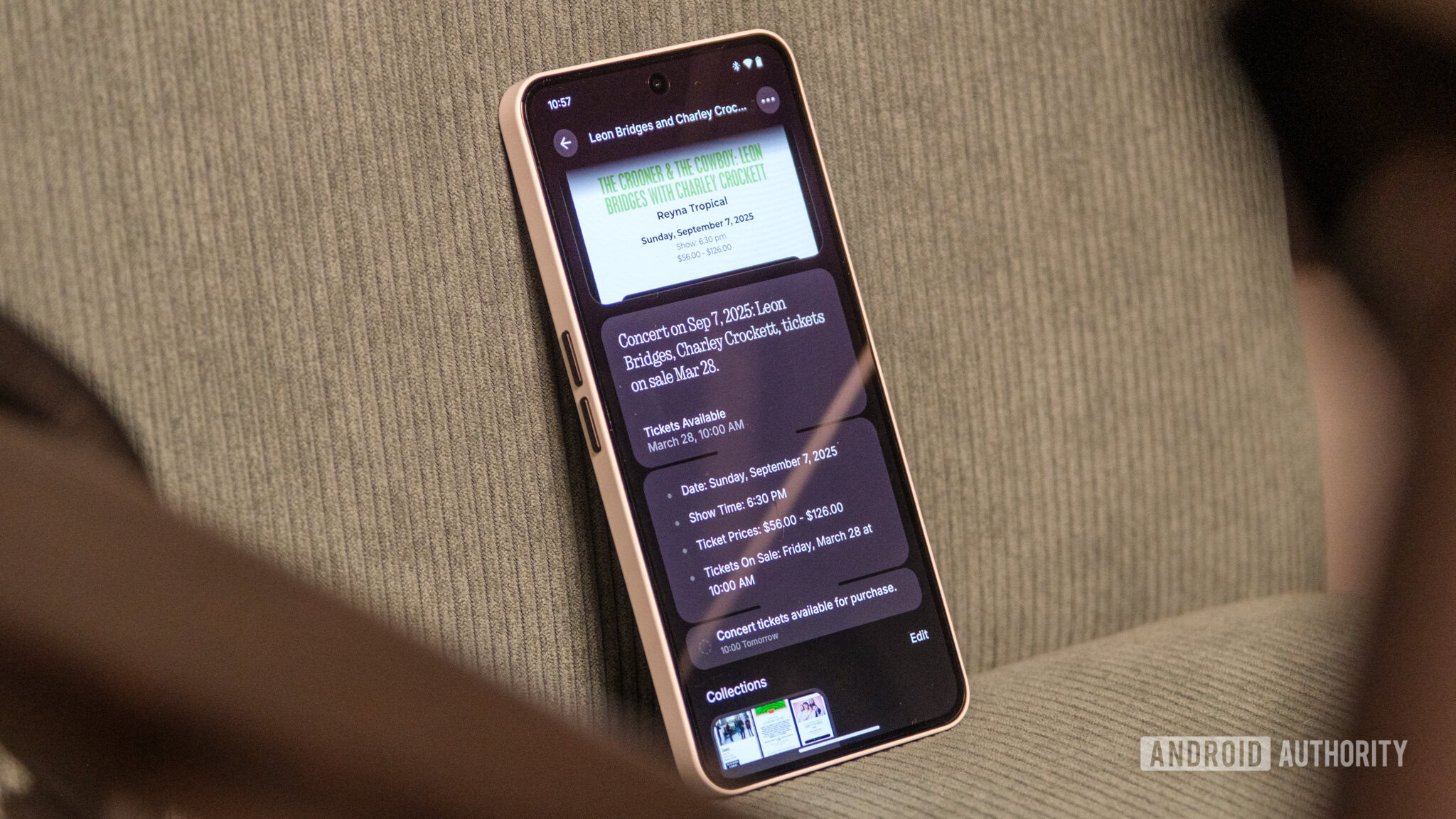





















![Apple Considers Delaying Smart Home Hub Until 2026 [Gurman]](https://www.iclarified.com/images/news/96946/96946/96946-640.jpg)
![iPhone 17 Pro Won't Feature Two-Toned Back [Gurman]](https://www.iclarified.com/images/news/96944/96944/96944-640.jpg)
![Tariffs Threaten Apple's $999 iPhone Price Point in the U.S. [Gurman]](https://www.iclarified.com/images/news/96943/96943/96943-640.jpg)






















































































































